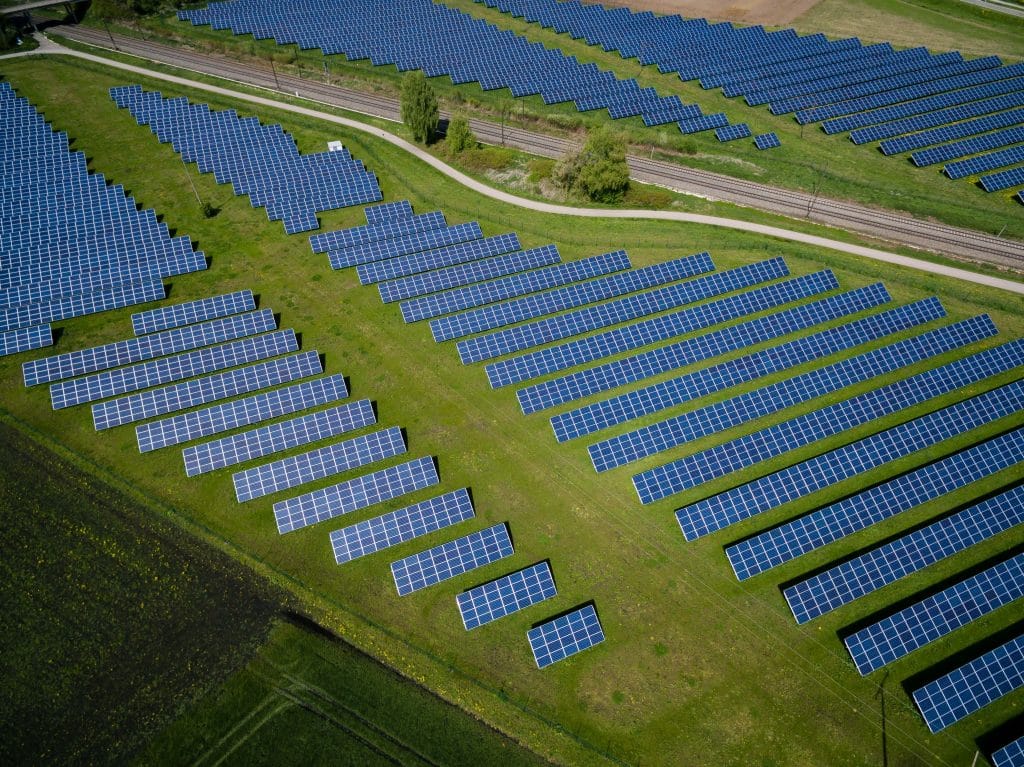Are we putting too much faith in efficiency technologies? (Yes.)

There is a belief that shifting to renewable energy and transitioning from physical to digital work methods will diminish the adverse impact of human activities on the environment.
In his book “Material World: The Six Raw Materials That Shape Modern Civilization,” journalist Ed Conway from argues that for each ton of fossil fuels extracted, six tons of other materials are also exploited, including sand, stone, metals, salts, and chemicals.
He writes:
“Even as we citizens of the ethereal world pare back our consumption of fossil fuels, we have redoubled our consumption of everything else. But, somehow, we have deluded ourselves into believing precisely the opposite.”
This situation reflects Jevons Paradox, where advancements in technology that improve resource efficiency actually lead to an overall rise in resource consumption.
Coined after the economist William Stanley Jevons wrote his theory in 1865, this paradox challenges the notion that efficiency gains will automatically result in conservation.
Jevons noted that improvements in coal efficiency led to a substantial increase in coal usage in various industries. The phenomenon can be observed in modern examples of overall net increases in usage, such as 100 LED lights for every one old lightbulb and the concept of a ‘paperless office’ from computing. We now use more paper than ever.
The paradox occurs because the reduced resource requirement for individual uses lowers the cost of utilizing the resource, thereby driving up demand. Governments assume that efficiency enhancements or new technologies will naturally reduce resource consumption.
This is a huge issue. When you consider the fields of abandoned electric cars with broken batteries that are too expensive to replace, I don’t think we can afford to make that assumption any longer.
As AI processors exponentially drive up the demand for energy and data centers, swathes of vendors offer efficiency solutions without realising they’re about to walk into Jevons Paradox. These good intentions will backfire if we do not take the efficiency savings and overall reduction in consumption from new tech – rather than increasing consumption at the same price or lower.
But that is a question of policy over technology.
We need to get better at the predictive modelling of technology impact with the full understanding that Jevons Paradox cannot be ignored any longer – especially for people trying to bring efficiency products to market.
CXO Questions for this week:
- Do you think a vendor would ever take the lead on this topic?
- What are the holes in this model and where do you disagree?
- Aside from pricing, what other mechanisms could you use to reduce consumption without annoying consumers…?
Have a great week.




